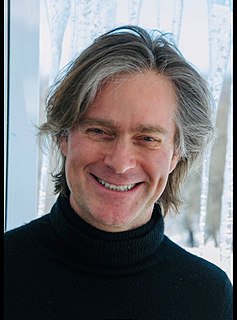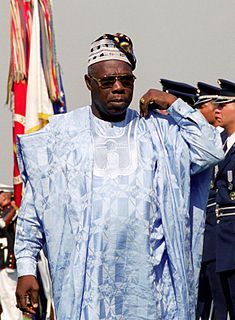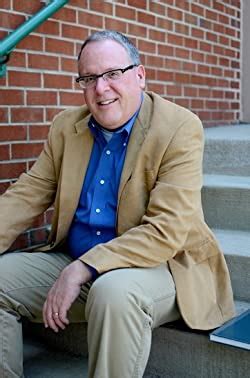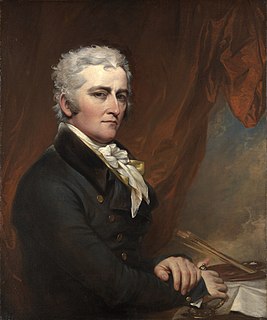A Quote by George Eliot
The poverty of our imagination is no measure of say the world's resources. Our posterity will no doubt get fuel in ways that we are unable to devise for them.
Related Quotes
The role of the writer is not to say what we can all say, but what we are unable to say. Most of the writing today which is called fiction contains such a poverty of language, such triteness, that it is a shrunken, diminished world we enter, poorer and more formless than the poorest cripple deprived of ears and eyes and tongue. The writer's responsibility is to increase, develop our senses, expand our vision, heighten our awareness and enrich our articulateness.
We used to be a source of fuel; we are increasingly becoming a sink. These supplies of foreign liquid fuel are no doubt vital to our industry, but our ever-increasing dependence upon them ought to arouse serious and timely reflection. The scientific utilisation, by liquefaction, pulverisation and other processes, or our vast and magnificent deposits of coal, constitutes a national object of prime importance.
What we face is a comprehensive contraction of our activities, due to declining fossil fuel resources and other growing scarcities. Our failure is the failure to manage contraction. It requires a thoroughgoing reorganization of daily life. No political faction currently operating in the USA gets this. Hence, it is liable to be settled by a contest for dwindling resources and there are many ways in which this won't be pretty.
The greatest crisis of our lives is neither economic, intellectual, nor even what we usually call religious. It is a crisis of imagination. We get stuck on our paths because we are unable to reimagine our lives differently from what they are right now. We hold on desperately to the status quo, afraid that if we let go, we will be swept away by the torrential undercurrents of our emptiness.
Children know that if they have a question about the world, the library is the place to find the answer. And someone will always be there to help them find the answer-our librarians. (A librarian's) job is an important one. Our nation runs on the fuel of information and imagination that libraries provide. And they are in charge of collecting and sharing this information in a helpful way. Librarians inform the public, and by doing so, they strengthen our great democracy.
Doubt is most often the source of our powerlessness. To doubt is to be faithless, to be without hope or belief. When we doubt, our self-talk sounds like this: 'I don't think I can. I don't think I will.'... To doubt is to have faith in the worst possible outcome. It is to believe in the perverseness of the universe, that even if I do well, something I don't know about will get in the way, sabotage me, or get me in the end.
The abundance that is offered to us by leaving behind the fossil fuel paradigm is very promising for the world and the people of the world. We will have cleaner air, water, and food; we will have more resources to share with our people. There will be more economic freedom because people will be able to harvest their own energy.
Conversations are efforts toward good relations. They are an elementary form of reciprocity. They are the exercise of our love for each other. They are the enemies of our loneliness, our doubt, our anxiety, our tendencies to abdicate. To continue to be in good conversation over our enormous and terrifying problems is to be calling out to each other in the night. If we attend with imagination and devotion to our conversations, we will find what we need; and someone among us will act—it does not matter whom—and we will survive.
But we can also ask for something we are much more likely to get, and that is to find a person or two, somewhere in our travels, who will tell us that we are noble enough, whether it is true or not. We can ask for someone who will say, “You are noble enough,” and remind us of our good qualities when we have forgotten them, or cast them into doubt.







































